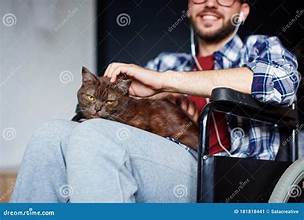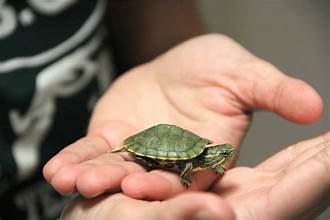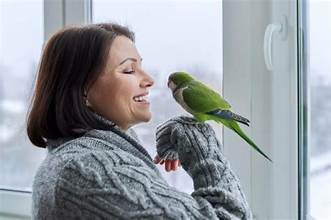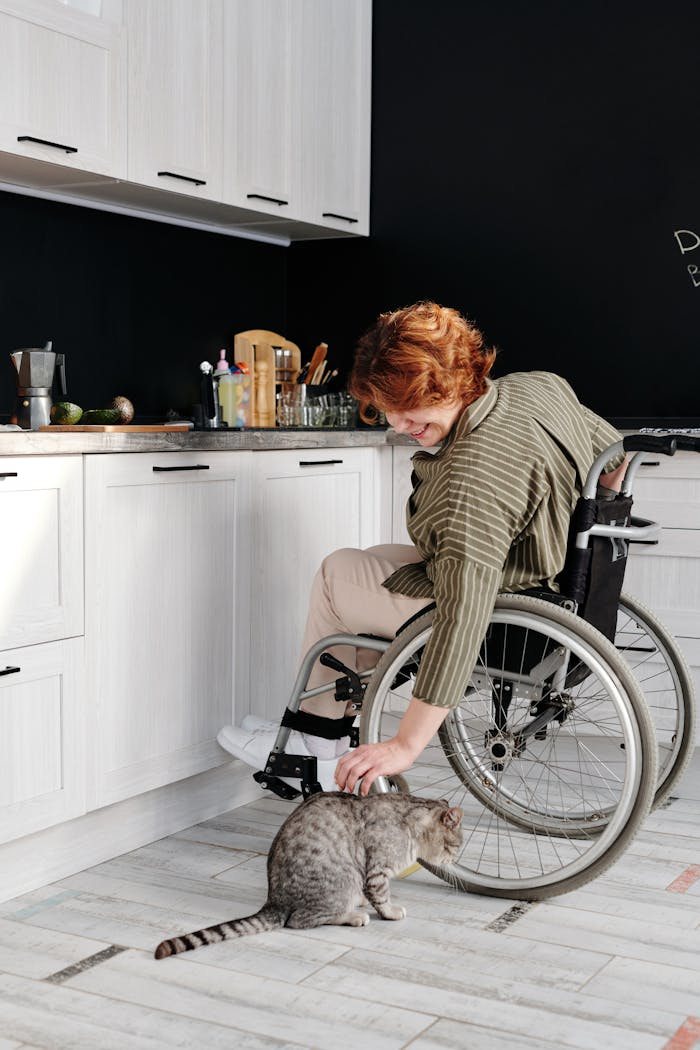For individuals living with physical, sensory, or cognitive disabilities, a pet can be far more than just a companion. The right pet can offer emotional comfort, daily motivation, increased independence, and even life-saving assistance.
But which pet is best for someone with a disability? That depends on the person’s needs, environment, and lifestyle. This guide explores the most suitable pet options based on different kinds of disabilities and the benefits each type of animal can offer.
🐶 1. Dogs – The Top Choice for Many Disabilities
Dogs are widely regarded as the best pets for individuals with disabilities, especially those who seek a mix of emotional connection and functional assistance.

✅ Ideal for:
- Physical disabilities
- Visual or hearing impairments
- PTSD, anxiety, or autism
- Those seeking companionship and a structured routine
🐾 Benefits:
- Service dogs can open doors, retrieve objects, alert to medical emergencies, or guide visually impaired individuals.
- Emotional support dogs offer comfort during depressive episodes, panic attacks, or moments of isolation.
- Well-trained dogs foster independence and build confidence.
🐕 Breeds to Consider:
Golden Retrievers, Labrador Retrievers, Poodles (hypoallergenic), Bernese Mountain Dogs (calm, assertive), and small breeds like Cavalier King Charles Spaniels for low-maintenance companionship.
⚠️ Considerations:
- Require daily exercise and grooming
- Service dogs need professional training (but many organizations provide them fully trained)
🐱 2. Cats – Calm and Comforting Companions
Cats can be wonderful pets for people with mobility challenges, sensory sensitivities, or limited energy.

✅ Ideal for:
- People with limited mobility
- Individuals with anxiety or depression
- Those who prefer quiet companionship
🐾 Benefits:
- Low-maintenance and independent
- Purring is shown to reduce stress and may even aid in healing.
- Litter-trained and require minimal grooming
⚠️ Considerations:
- Some cats are aloof; look for friendly, affectionate breeds like Ragdolls or Maine Coons
- Litter box maintenance is a must.
🐰 3. Rabbits – Gentle, Quiet, and Soothing
Rabbits are often underestimated as therapy pets. Their calm energy and soft coats can bring tremendous comfort to people with sensory needs or mental health conditions.

✅ Ideal for:
- People with sensory sensitivities (autism, anxiety, PTSD)
- Those looking for a soft, comforting presence
- Individuals who want a low-noise pet
🐾 Benefits:
- Can be litter-trained
- Respond well to gentle human interaction.
- Great for small homes or apartments
⚠️ Considerations:
- Fragile and may not like being held often
- The cage must be cleaned regularly.
🐢 4. Turtles – Low Maintenance and Visually Calming
Turtles are ideal for individuals who enjoy observing rather than physically interacting with pets. They require slight handling but offer daily routines and peaceful presence.

✅ Ideal for:
- People with limited mobility or energy
- Sensory-sensitive individuals
- Those who enjoy structure and calm
🐾 Benefits:
- Minimal interaction needed
- Watching them swim or move can be a soothing experience.
- Suitable for small or quiet living spaces
⚠️ Considerations:
- Require a specific tank setup and lighting
- No emotional interaction like dogs or cats
🐦 5. Birds – Vocal and Visually Stimulating
Birds like parakeets, cockatiels, and even parrots can make engaging companions for individuals who enjoy conversation and movement.

✅ Ideal for:
- People with visual impairments
- Those who enjoy sound stimulation or companionship through speech
- Individuals with physical disabilities who want a lively pet
🐾 Benefits:
- Birds can talk or sing, adding life to a quiet home.
- Often bond deeply with their person.n
- Great for individuals who enjoy a predictable routine
⚠️ Considerations:
- Can be noisy or messy
- Need daily cage maintenance and enrichment.
🧠 Additional Considerations When Choosing a Pet
When selecting the right pet for a person with a disability, think about:
🏠 Living Situation
- Apartment or house?
- Can you accommodate a large dog or only a small pet?
🕒 Time and Energy Available
- Is the individual able to groom, feed, or clean up after the pet, or will they have help?
🧩 Type of Disability
- Physical, emotional, sensory, or cognitive? The ideal pet varies.
💡 Allergies and Sensitivities
- Some breeds are hypoallergenic or less likely to trigger sensitivities.
🌟 Final Thoughts: The Right Pet Can Enrich a Life with Purpose and Joy
The best pet for a person with a disability is one that aligns with their specific needs, lifestyle, and personality. For some, a trained service dog may offer independence and life-saving skills. For others, a calm cat or colorful bird may bring joy, structure, and peace.
Whichever pet you choose, the emotional rewards can be profound: unconditional love, reduced loneliness, and a daily reminder that life is richer with connection, whether it comes on four legs, wings, or a soft paw. The bond between a person with a disability and their pet can be a source of deep connection and companionship.




